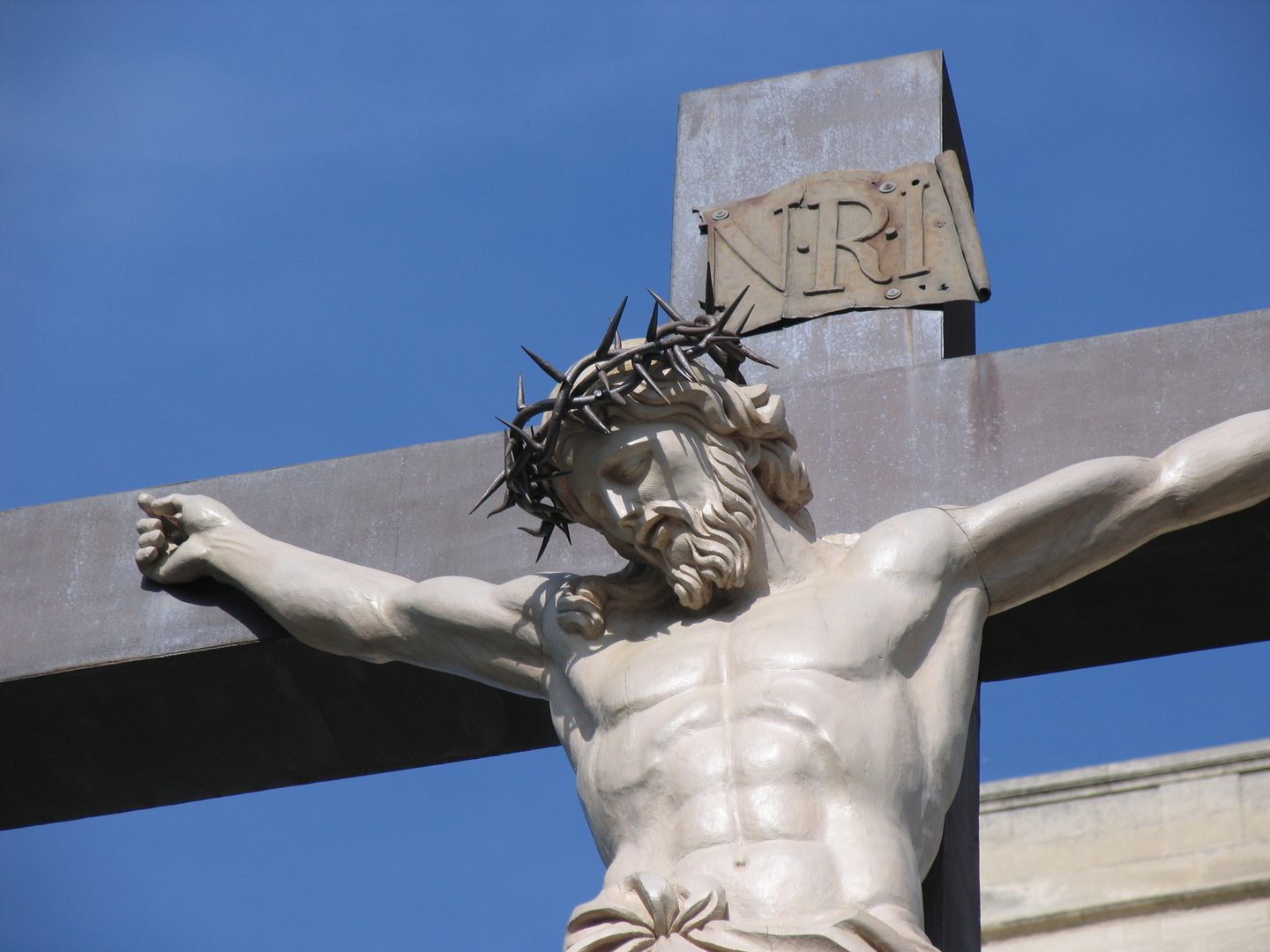Liturgy & Sacraments
"For I received from the Lord what I also handed on to you, that the Lord Jesus, on the night he was handed over, took bread, and, after he had given thanks, broke it and said, "This is my body that is for you. Do this in remembrance of me." In the same way also the cup, after supper, saying, "This cup is the new covenant in my blood. Do this, as often as you drink it, in remembrance of me." For as often as you eat this bread and drink the cup, you proclaim the death of the Lord until he comes. "
1 Corinthians 11:23-26




One of the things that distinguishes Catholics from many Protestant groups are the Sacraments. Sacraments are an encounter with God where we receive grace. There are seven Sacraments. They are divided into three categories.
The first category is Sacraments of Initiation. The three sacraments in this category are Baptism, Confirmation, and Eucharist. Baptism is clearly a Sacrament of Initiation as it is our reception into the Body and Christ and adoption as children of God. Confirmation is the completion of our baptism. Eucharist is a Sacrament of Initiation in that we receive the body and blood of Christ of which we were made members at Baptism.
The second category is Sacraments of Healing. The two sacraments in this category are Reconciliation (Confession) and Anointing of the Sick. It is easy to see the Sacrament of Anointing of the Sick is clearly a Sacrament of Healing as in the anointing we ask for God's healing grace to come upon the person. It is as much, if not more, about spiritual healing as it is about physical healing. That is why we anointing people who are expected to die. That is why we anointing people who are expected to die. Spiritual healing includes a forgiveness of sins but it is not the same as the forgiveness in the Sacrament of Reconciliation. The Sacrament of Reconciliation, traditionally called Confession, is a Sacrament of Healing in that God heals us of our sins.
The third category is Sacraments of Service. The two sacraments in this category are Marriage and Holy Orders. These are Sacraments of Service in the way we live our lives in service to God. Holy Orders clearly involves service to God. Marriage is a Sacrament of Service because the love of husband and wife is a witness to the love of God. We love because we are first loved by God.
The way we receive the Sacraments in a liturgy. When we hear the word liturgy we are generally referring to the Mass. The Mass is the liturgy where we celebrate the Sacrament of the Eucharist. Our liturgical celebration of the Mass follows a liturgical calendar established by the church which determines the readings and prayers of the Mass. In April 2008, I preached a homily on the gospel story of the road to Emmaus (Luke 24:13-35) and its relationship to our celebration of the Eucharist. Our belief in the real presence in the Eucharist is a center part of our Catholic faith. Here is what St. Augustine had to say about the Church and the Eucharist.
Likewise, there is a liturgy celebration for Baptism. Unless it is an emergency situation, there are readings and prayers for the Sacrament of Baptism. The Sacrament of Confirmation is celebrated within the context of the Mass. The Sacrament of Marriage may be celebrated within the Mass. It may be celebrated outside Mass but the general structure is still like that of the Mass. The Sacraments of Reconciliation and Healing also have readings and prayers that go with them.
A deacon may preside at baptisms and weddings outside of Mass. The deacon may assist at Mass. A priest may celebrate Baptisms, Mass, Weddings, Reconciliation, and the Anointing of the Sick. The priest celebrates the Sacraments on behalf of the bishop. Only the bishop may preside at the Sacrament of Holy Orders and normally the bishop is the presider for Confirmation.
It is important to remember that the priest serves on behalf of the bishop. The relationship between bishops and priests is an important part of how our Church works.
From January 2020 - May 2002, Fr. Jeff offered a series of presentations on the Sacraments. Videos of these presentations are available at Sacraments: Channels of God's Grace. Beginning September 23, 2020, he will offer a series on the Mass, Uncovering the Treasures of the Mass.
In 2011, we began using a new translation of the prayers at Mass. You can find out more about these translations at:
Be sure and check our page, "All Things Eucharist", as a collection of links to all materials on this website on the Eucharist and the Mass.
Reviewed 9/12/20
Updated 8/7/23
